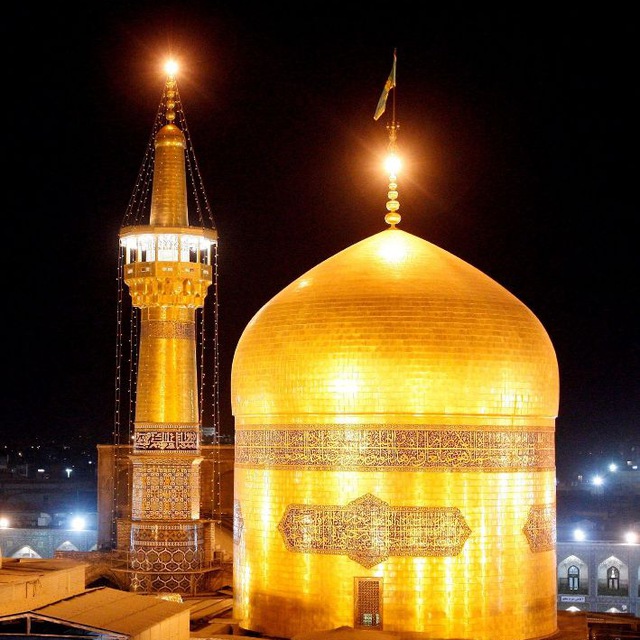Selected letter of Imam Ali to Malik Ashtar – part three
(Mohammed Fazli)
The letter of Imam Ali (AS) to Malik Ashtar Nakhai is one of the most thoughtful and beautiful texts that if we are concerned about Iran today, it is necessary to read and act on it – of course for the officials and rulers. The translation of the letter written by the late Seyyed Jaafar Shahidi is about 5700 words, and I have extracted a text of 2400 words from it by selecting, classifying and arranging the text according to my taste, which is arranged in four parts, hoping that it will be useful. The letter begins like this: “In the name of God, the Beneficent, the Merciful, this is a command from Ali, the Commander of the Faithful, to Malik Ashtar son of Harith, in the covenant he made with him, when he appointed him to the government of Egypt to provide its tribute, and to fight with enemies and organizing the work of the people of Egypt and settling its cities.”
Etiquette of economic governance
In the matter of tribute, look at it in such a way that the reformation of the tribute payers is in it, whether the good of the tribute and the payers is for the good of others, and the work of others should not be arranged so that the work of the tribute payers is not arranged, that all people are tax payers and tribute payers, and you should look at the prosperity of the earth more than It was the payment of tribute, that the payment of tribute can only be done with a settlement, and the one who wants tribute and does not pay for settlement, destroys the cities and destroys the servants, and his work will not be successful except for a little.
If they complain about the heavy taxes, or the pest that has hit their crops, or the water that has cut off their crops, or the rain has not fallen on them, or the seed of the land has perished due to drowning or lack of water, lighten their burden as much as you know that they will be able to do their work. . And what was not burdened to you by taking them lightly, whether it was stored up to be returned to you, with the prosperity that you build in your cities and the beautification that you give to the provinces, you have also drawn their praise and happiness that you have spread justice among them. .
The people of the cities will be in need when the governors are trying to collect money and are not sure of staying on the job, and they will benefit less from what is a lesson.
Another thing is that he should accept good deeds for merchants and artisans, and take charge of ordering good deeds about them, whether he was in a place or he who goes from here to there with his property, and earn by his means. , that they are sources of benefit and creators of comfort and convenience. And the bringer of it from distant and difficult places, in the desert, the sea, the plain, and the mountains. A place where people do not gather and do not have courage to go there.
Merchants are calm people and don’t get angry, and seek reconciliation and don’t stir up sedition. Look at their work, whether they are in the place where you are staying or in other cities. And with all this, know that among the merchants there are many people who have bad dealings, are greedy and seek hoarding. They seek their profit and sell goods at whatever price they want, and this profit seeking and high selling is a loss for everyone, and it is a shame for the governors. So you should forbid hoarding, which the Messenger of God (peace and blessings of Allah be upon him) forbade. And buying and selling should be done easily and fairly. with common market rates, neither to the detriment of the seller nor the buyer.
(If you like this text, send it to others.) @fazeli_mohammad
This post is written by monese_ghamgosar
